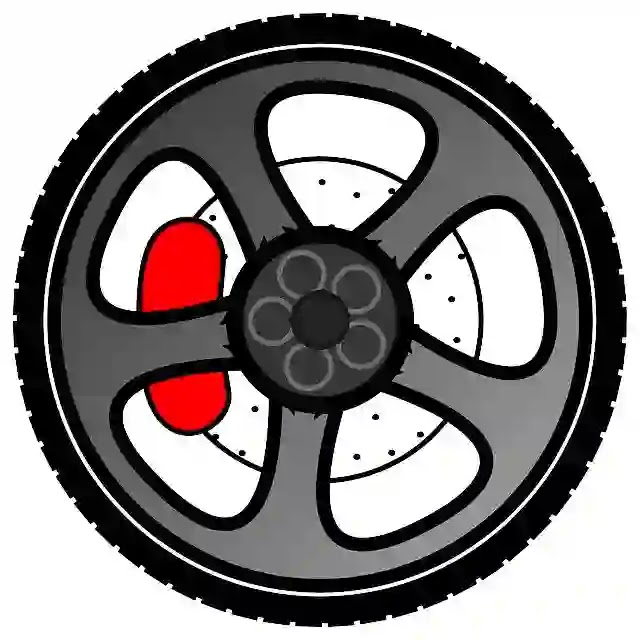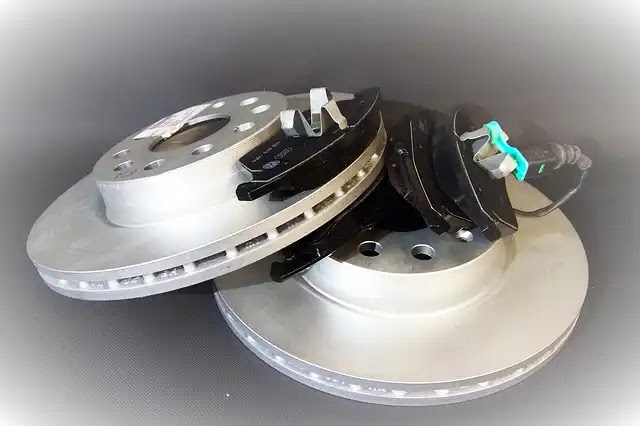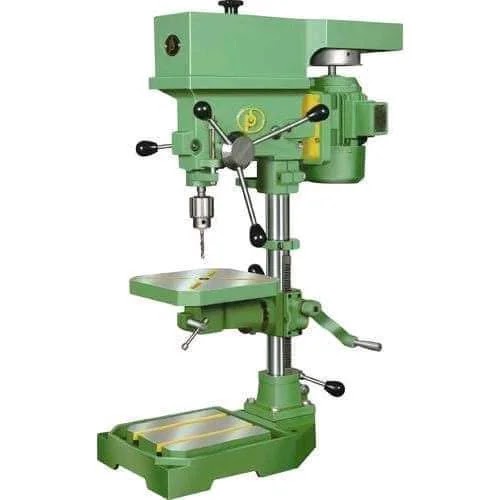Disc brakes and drum brakes are both methods for slowing cars and other vehicles. Disc brakes are generally made of a metal disc that is attached to the wheel hub on the brake axle or driveshaft of the vehicle. It is covered with brake pads that grip it when you apply pressure to the brake pedal, which causes friction so that the wheel slows down. Drum brakes, also called "tandem" or "drum-type" brakes, are typically found in older vehicles. They work by pressing shoes onto a spinning cylinder of steel drums that force air out of them. Disc Brakes vs Drum Brakes: What You Need To Know. Get Full Information In Life Style Knowledge Hub.There are pros and cons to both types of braking systems.
Differences in Disc and Drum Brakes
A single-piston caliper that applies pressure to a disc brake rotor. The other arm of the caliper pulls the brake pads against a drum, which engages and stops the wheel. The caliper is often larger than a drum brake caliper, with both arms having both radial and common threads for mounting to the wheel hub. This is to prevent wear from slipping in the adjustment nuts on the wheel. Another type of caliper is made of a triangular design with three surfaces. The ends are separated by a thin skin that is usually laced to the rotor in a star pattern. If you have a drum brake, you can adjust the size of the brake pads or disk tension by tightening these joints. Disc Brakes vs Drum Brakes: The Pros and Cons Pros Deeper brake pads, which reduce friction and increase stopping power.
What Is A Disc Brake?
Disc brakes are a type of braking system that puts multiple friction pads on a rotating disc mounted to the axle of the vehicle. When you press the pedal, the friction on the pads reduces the force applied to the wheel and provides the driver with more braking power. This type of braking system is better for cars because cars usually do not have the same type of steering and suspension components as motorcycles, ATVs or other off-road vehicles. It is more reliable than drum brakes, because they are more accurate and can be made to fit the wheel arch. What Is A Drum Brake? Drum brakes are a type of braking system that uses drums mounted to the wheel hubs and on the wheel hubs, instead of discs. Drum brakes also provide better control and are more precise than discs.
Related Post : Types Of Gears: The Different Types Gears Information
Related Post : Electric Bikes: Advantage And Disadvantages
How Does It Work Drum?
In the past, drum brakes had a tendency to cause the brakes to overheat, which would then slow down the vehicle if they overheated. On the other hand, disc brakes offer a little more distance between the friction drum and the wheel hub. You'll also notice that disc brakes make a softer sound, so they're less intrusive. Weight Because of their thicker brake pads, drum brakes are more cumbersome than disc brakes, which make them heavier. Also, when you apply the brakes, it's more of a physical effort to stop your vehicle. When you stop a car with disc brakes, it can be easier to steer the car and apply the brakes at the same time, which reduces the amount of braking you have to do. It is also more precise and accurate when compared to drum brakes.
What is a carburetor and how to work full information
What Is A Drum Brake?
The first thing you may notice about drum brakes is that they are a bit more complicated. "Drum brakes have two things you don't usually see on a typical car brake system, the brake drum and the brake shoes," says Aaron Johnson, a professional driver and owner of Aaron's Limousine. "They're mounted behind the disc brake system. And the brake drum is like the moving section, the pistons, of a disc brake system. So, to get the stopping power you're looking for, you need to apply pressure to the brake pedal of the vehicle, and you have to go up to the side of the vehicle to make the change." Johnson says it's also a little bit trickier to properly adjust your hands on the drum brakes. "There are two ways to adjust your hands when you're doing your dual-disc brake system," Johnson says.
How Does It Work Disc?
One way to learn about how disc brakes work is to use the analogy of ice skating. If you are about to try to brake on ice, you would have to make sure the ice is at least three-eighths of an inch thick before you put your foot down on the ice. If the ice is not thick enough, you would slip and could fall. On the other hand, if you were to perform a brakeless stop, you would slam your foot down on the ice with no friction and break your heel. The good thing about disc brakes is that the friction that you create when you press the pedal on the wheel brake pad catches the ice particles that get thrown up from your skates, and you keep moving. Types of Disc Brakes Disc brake systems can be either drum-type or disc-type. Disc-type brakes (like on cars) are mainly a ball type.
Uses for Different Types of Braking Systems
A standard disc brake is typically a part of the car's braking system that has the wheels firmly attached to the brake drum. The vehicle's wheels can rotate independently of the brake drum, which limits braking force. With drum brakes, the brakes are generally part of a drive train with the wheels attached directly to the wheels. The use of disc brakes is more common on heavy-duty vehicles, and while they do provide better braking performance, they are more expensive. However, they are prone to breakage and mechanical failures. Drum brakes, on the other hand, are typically found on lower-priced cars that are prone to brake fade. Whether you prefer disc or drum brakes, you'll need to make sure your car or truck has the correct size of rotor to maximize braking performance.
Conclusion
If you drive a heavy car like a pick-up truck, you'll likely appreciate a good set of disc brakes. They are slightly more expensive than drums and provide better stopping power. You may choose to go with the cheaper, drum brakes instead if your vehicle's brakes do not require much pressure to stop the vehicle, or you want to maintain the brakes for an extended period of time.









.webp)




0 Comments